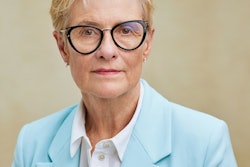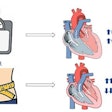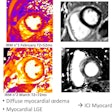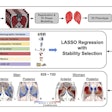The U.K. Society of Radiologists in Training (SRT) has recently published the highlights of its 2024 training survey. It landed on social media as an infographic and made quite the splash. Although it only featured the preliminary results, it makes for ugly reading.
Many people are withholding official comment until the full data are released. Also, the results should be viewed with caution as the 202 radiologists in training who were surveyed represent around 15% of the U.K. total. Notably, a third of the respondents were from the North of England and a further third came from London and the Southeast. I'm not saying the radiology training in those locations is considerably worse, but that might be the case.
It isn't all doom and gloom. 64% were satisfied or very satisfied with their training, which -- for a bunch of Gen Z-ers -- is a win. Plus the majority felt they'd be taken seriously if they raised concerns about their training. This comes too against a background of radiology being one of the most popular specialties, with an 11:1 competition ratio for applicants: radiology training places. So they arrive fairly motivated, you might expect.
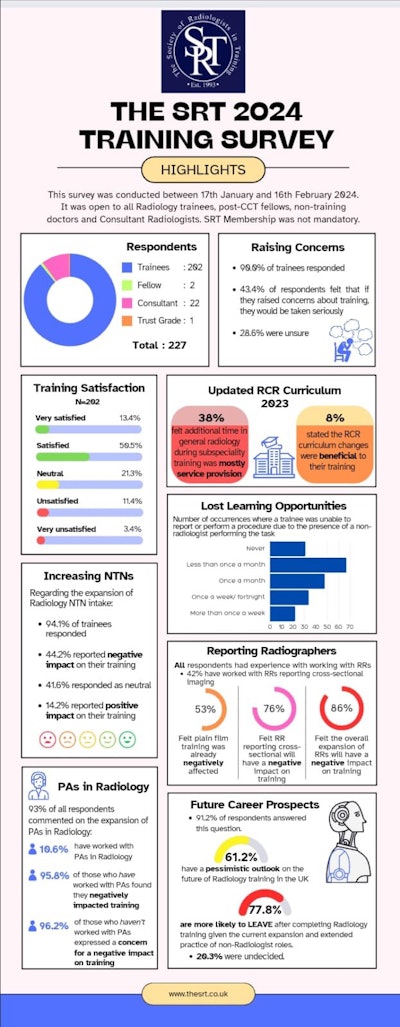
There is also a societal context here: Brits like nothing more than complaining. In fact, complaining is a national pastime. Being quick to judge, quick to anger, and slow to understand are, sadly, widespread traits in the U.K. Plus, it has always been the case that the young are quick to judge their seniors negatively and vice versa. The old see the young as feckless and lazy; the young see the old as repressive dinosaurs. It's a tradition, an old charter or something.
But the general tone of the SRT survey results is very depressing. Recent changes to the training curriculum of the Royal College of Radiologists (RCR) were viewed negatively by the majority, and 61% felt pessimistic about the future of radiology training in the U.K. Even increases in training places were seen negatively by 44% -- which is paradoxical but perhaps understandable.
The major objection, as presented, is that nonradiologists are increasingly being trained to do what would typically be considered radiologists' work -- specifically the training of physician associates (PAs) and reporting radiographers (RRs). Although only 10% of respondents had worked with PAs, there was unanimous condemnation that they had a negative impact on their training. A slim majority also felt that RRs already had a negative impact on training in plain radiograph reporting, and the vast majority felt the RRs reporting cross-sectional imaging has a negative effect on their training and that further expansion should be resisted.
Despite the potential for bias, these results cannot be ignored. And, together with similar results from recent training surveys by the British Medical Association (BMA), Association of Surgeons in Training and Doctors Association of the U.K., a consistent picture emerges of young doctors across the country. The picture is one of vanishing training opportunities and marked disgruntlement.
This dissatisfaction is so pronounced that 78% of respondents to the SRT survey stated they were more likely to leave, given the current expansion and extended practice of nonradiologist roles. When nearly 8 in 10 of your trainees want to leave, that prospect is horrifying. Eerily, it is almost identical to what 3819 junior doctors said in the BMA survey from December 2023: 79% said that they often think about leaving the National Health Service (NHS).
Understanding why the U.K.'s junior doctors are in revolt isn't complex. Pay has been massively eroded over the last 14 years, resulting in ten rounds of industrial action thus far since February 2023. Sadly, there is no end in sight to this industrial action, with government paymasters holding steadfast. Debt amongst medical graduates has never been higher and the U.K.'s cost of living crisis grinds on. Plus working conditions in the NHS have never been more demanding, with widespread staff shortages and spiralling demand.
This isn't to say that the plight of radiologists in training is irredeemable and intrinsically linked to the woes of the NHS. But it is difficult to envisage an easy solution when looking at the existing body of consultant radiologists. There is a much-publicised and longstanding consultant radiologist shortfall. And, as ever, when time is short and worklists are long, training is the first to suffer. In our local patch at least, individual consultant trainers are doing their best with what little time they have.
Obviously, an increase in pay for trainees would help. Life is easier if you aren't both poor and miserable. It might seem self-evident, but exploiting each and every training opportunity is vital. Plus radiology trainers should very visibly give priority to the learning of radiology trainees over other staff groups. The next generation of radiologists will suffer if the current generation pulls the ladder up behind them. Without these measures, we will be in a deeper hole than ever before.
The government and higher echelons of the NHS are wailing, "There is no money for training or pay increases." But you can't help feeling a rising level of despair, and it is no wonder that our current trainees are eyeing Australasia and North America for their tertiary careers. If I were in their shoes, I'd be doing exactly the same.
 Dr. Paul McCoubrie.
Dr. Paul McCoubrie.
Dr. Paul McCoubrie is a consultant radiologist at Southmead Hospital in Bristol, U.K. Competing interests: None declared.
The comments and observations expressed herein do not necessarily reflect the opinions of AuntMinnieEurope.com, nor should they be construed as an endorsement or admonishment of any particular vendor, analyst, industry consultant, or consulting group.






